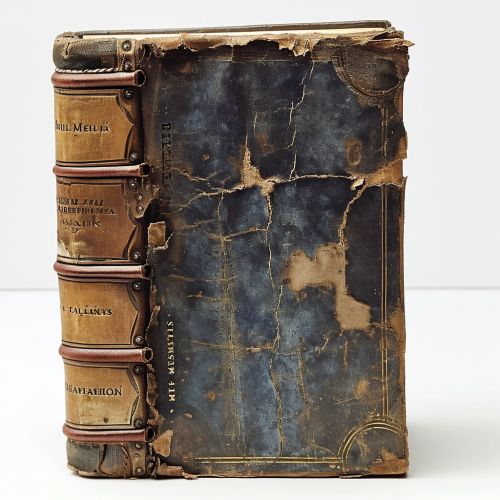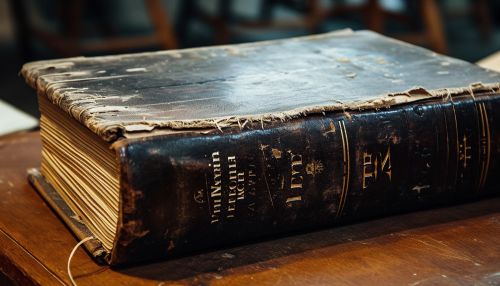Wilhelm Meister's Apprenticeship
Introduction
Wilhelm Meister's Apprenticeship (Wilhelm Meisters Lehrjahre) is a novel written by Goethe, first published in 1795-96. The novel is considered one of the most significant works of German literature and a pioneering work in the genre of Bildungsroman, a term that refers to a novel of education or personal development.


Plot Summary
The novel follows the journey of the protagonist, Wilhelm Meister, through his apprenticeship. Wilhelm is the son of a merchant, but his passion lies in the theatre. He leaves his family's business to join a troupe of actors and embarks on a journey of self-discovery and personal growth.
Characters
The novel boasts a rich array of characters, each contributing to Wilhelm's development. The most significant characters include:
- Wilhelm Meister - The protagonist of the novel. Wilhelm is a young man with a passion for theatre, who leaves his family's business to pursue his dream.
- Mignon - A mysterious young girl who Wilhelm rescues from a group of street performers. Mignon becomes a central figure in Wilhelm's life and her story is one of the most poignant in the novel.
- Harper - A wandering musician who Wilhelm encounters on his journey. Harper is a complex character who plays a significant role in Wilhelm's development.
Themes
Wilhelm Meister's Apprenticeship explores several themes, including the nature of education, the importance of personal development, and the role of art and culture in society. The novel is a critique of the rigid educational system of Goethe's time, advocating instead for a more holistic approach to learning that values personal experience and self-discovery.
Reception and Legacy
Upon its publication, Wilhelm Meister's Apprenticeship was met with mixed reviews. However, over time, it has come to be recognized as a seminal work in the Bildungsroman genre and a significant contribution to German literature. The novel has influenced numerous authors and continues to be studied and appreciated today.
